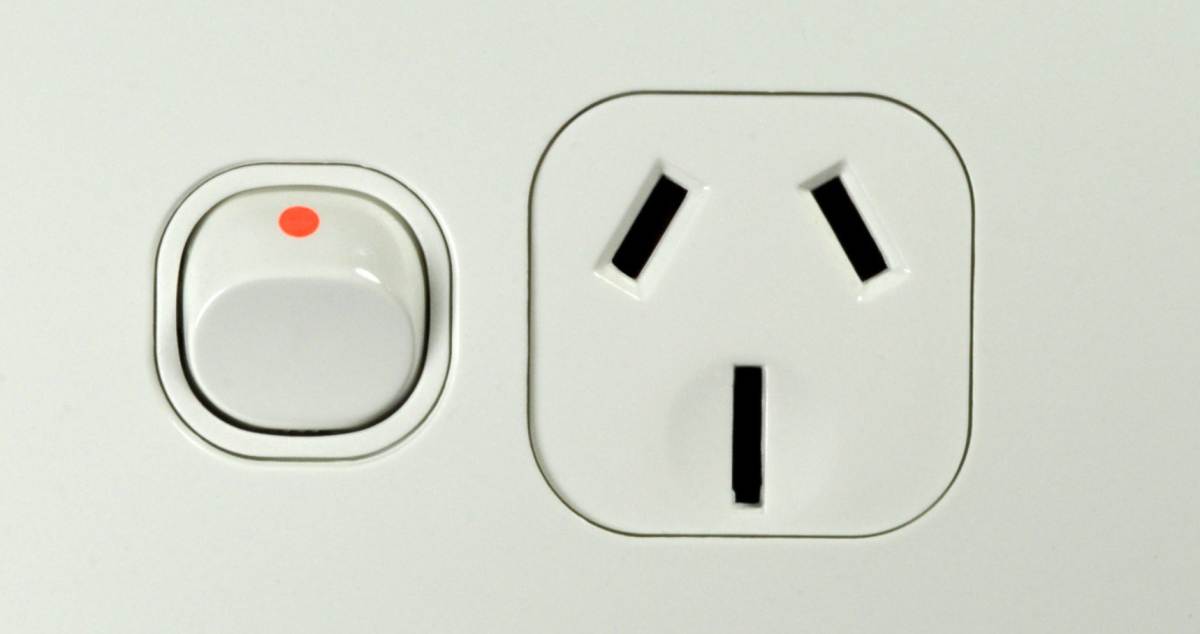
In what’s been a rather dark year, it’s always nice to have a bit of good news. Electricity costs look set to continue to fall for many Australian households over the next couple of years, but their mileage will vary.
The Australian Electricity Market Commission’s Residential Electricity Price Trends 2020 report was released late last night. In summary, here’s what the AEMC is expecting to see happen with electricity prices from FY19/20 to FY22/23.
- South East Queensland: Reduction of 14% or $190 (annual average drop of 5%)
- South Australia: Reduction of 11% or just over $200 (annual average drop of 3.7%)
- Victoria: Reduction of 15% or about $170 (annual average drop of 5.3%)
- NSW: Reduction of 2% or about $30 (annual average drop of 0.8%)
- ACT: Increase of 2% or $45 (annual average increase of 0.7%)
- Tasmania: Reduction of 4% or $70 (annual average drop of 1.2%).
The report notes estimated pricing outcomes are based on a “representative consumer”, which differs in each state – and there will be regional differences within each state that affect outcomes.
The report doesn’t include the Northern Territory due to the entry of independent generators to the Darwin-Katherine Interconnected System complicating things. As for WA, the Western Australian Government requested the state not be included in the report due to the effects of COVID-19 in terms of how the McGowan Government is supporting electricity consumers. Electricity prices in WA are set by the State Government as part of the annual State Budget process.
Commenting on the report, AEMC Chief Executive Benn Barr said:
“The three key drivers of household electricity bills – wholesale costs, network costs and environmental costs – are all falling, which accounts for the overall drop that we are seeing.”
The AEMC says the main reasons for the drops are lower gas prices and the introduction of new sources of energy generation such as wind and solar power.
The Liddell Wildcard
The report shows an uptick in electricity costs 2022/23 – this is due to the closure of Liddell power station at the end of the period pushing up wholesale prices. However, the AEMC notes the recent release of the NSW government’s renewables-focused Electricity Infrastructure Roadmap.
“It follows that the increase in 2022-23 price is by no means certain,” states the AEMC.
Liddell Power Station is a clapped-out coal-fired generator in Muswellbrook, New South Wales being held together with cloth tape, hay bale string and a few prayers. It is due to close in 2023, after 50 years of operation – something the Federal Government doesn’t want to see happen.
Just last week, a worker at Liddell was seriously injured after one of the power station’s transformers failed. As at late last week, it was expected Liddell Unit 3 was to be out of action for up to two and a half months.
As to why the ACT may see increased electricity prices over the FY19/20 to FY22/23 period, this has been primarily attributed to an expected increase in regulated network costs of 14.6 per cent over the reporting period driven by an increase in distribution and transmission costs; partly due to previous under-recoveries and higher operating expenditure.
One of the standout points of the report relates to South Australia where wholesale electricity costs are expected have dropped by 41.0 per cent over the reporting period, driven by increasing uptake of solar power. SQ’s Ronald recently pointed out more than 60% of South Australia’s electricity generation is now renewables-based.
The AEMC Residential Electricity Price Trends 2020 report can be viewed here.
On a related note, you can learn more about the seven main components of electricity bills here.
While cheaper bills are good, zero electricity bills are even better – learn more about solar for your home or business.

 RSS - Posts
RSS - Posts



I was just informed by Energy Australia that my FiT will reduce by 25% in January (after dropping near 30% this January). So I look forward to the 5% drop in grid power pricing to nowhere near make up for that 🙁
“As to why the ACT may see increased electricity prices over the FY19/20 to FY22/23” – more to do with the fact ACT residents are sitting ducks. Ditto car rego, petrol, rents, groceries, rates, land taxes…
Note: I’m not going to allow comments that call people who live in Canberra stupid. Please reserve insults for Canberra’s regular visitors.
News.com is reporting the opposite, Saying electricity bills will go up next year.
ENERGY BILL COULD GO UP
A number of industry sources are predicting an increase in energy prices from early 2021, since prices have been at their lowest levels in five years.
Federal Energy Minister Angus Taylor has said that wholesale electricity prices had significantly decreased over the last 12 months.
Meanwhile, the AFR reports that these low prices aren’t likely to stay at the record lows.
https://www.news.com.au/finance/economy/australian-economy/changes-to-laws-tax-restrictions-rules-incentives-coming-in-from-january-1-2021/news-story/79636125a620e73f4fcf04a0b9d0e50f
An increase in economic activity could certainly push wholesale prices higher but if this doesn’t happen until next financial year it won’t be seen in residential electricity bills for a year and a half. The best bet for higher electricity prices next financial year is prolonged and multiple breakdowns in of ageing coal power stations through heatwaves this summer. This is on the cards, but the odds are against it.